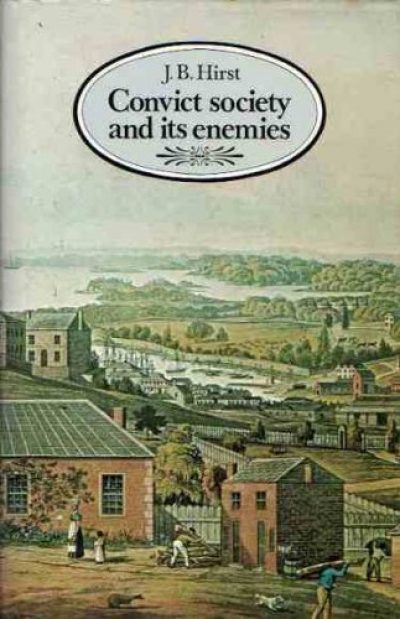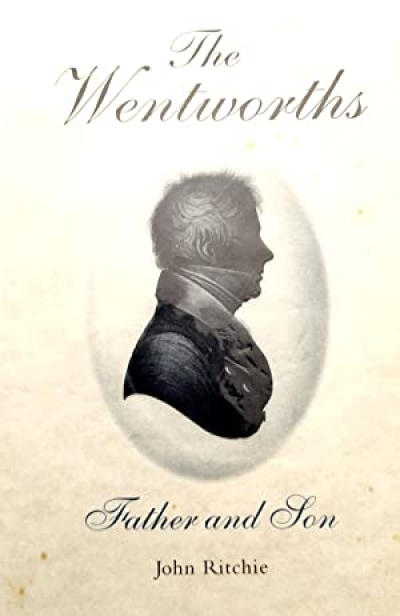John Ritchie
Survey | Kerryn Goldsworthy reviews the 1987 National Book Council Awards for Australian Literature shortlist
by Kerryn Goldsworthy •
‘If you can’t say something nice,’ my mother always said, ‘don’t say anything at all.’ (I pinch this opening gambit, shamelessly, from Kate Grenville’s Self-Portrait in the last ABR, and hope she does not mind; imitation is the sincerest form etc.) Apropos of parental expectations regarding niceness-or-silence, however, I am reminded of a remark of Elizabeth Jolley’s: ‘I think my mother wanted a princess, and she got me instead.’
... (read more)

